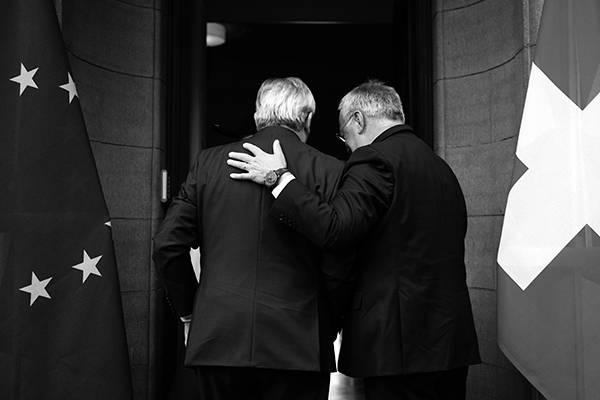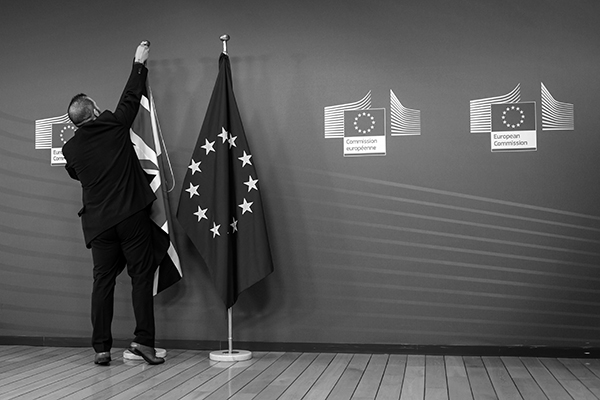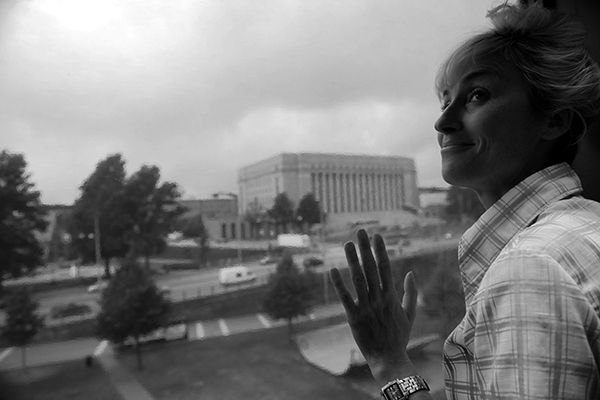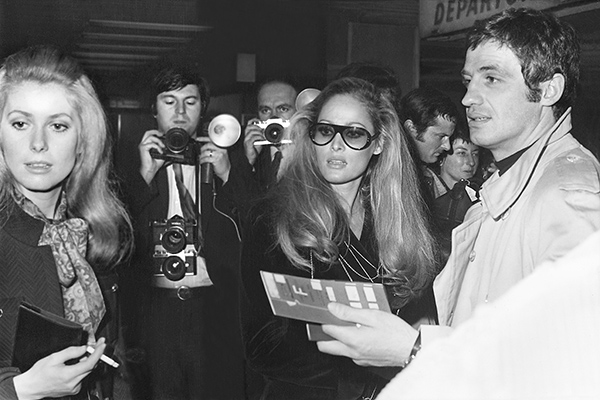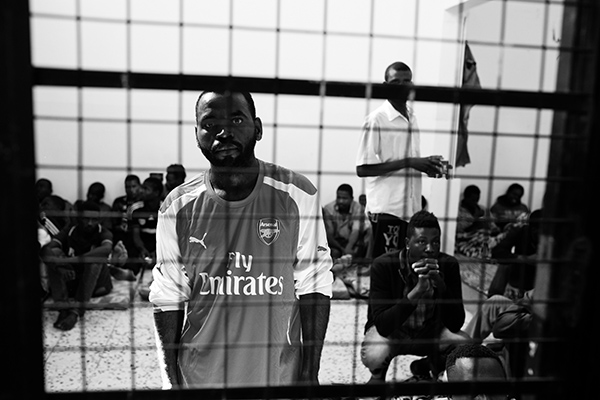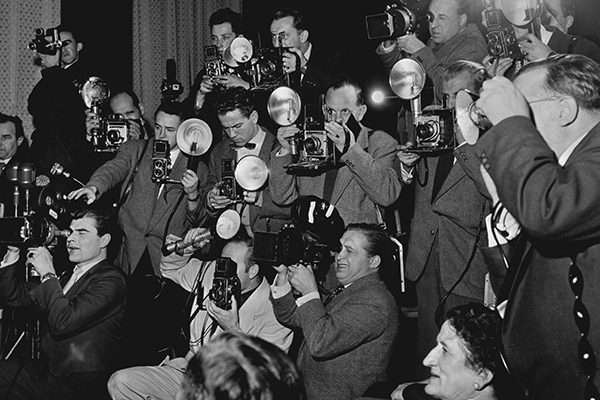I. Position
A The traditional media have changed radically since the rise of the Internet and social media. Not only have its distribution channels multiplied. There are now countless new information websites and propaganda pages that influence public debate. In addition, journalists can reach the public directly without utilizing the traditional media. This development presents new questions regarding the Press Council’s area of responsibility.
B The Foundation of the Swiss Press Council instructed the Council in a meeting on November 21, 2017 to propose possible changes to the Council’s statutes designed to more clearly define its area of responsibility.
C At a meeting on January 26, 2018, the Council’s Presidency decided to put together a working group examining these questions more closely. After consultation with members of the Council the group was composed of Michel Bührer, Jan Grüebler, Michael Herzka, Denis Masmejan, David Spinnler, Dominique von Burg (chairman) and Ursina Wey.
D The group reached two basic conclusions in meetings on March 12 and May 7, 2018. One covers social network journalists and the other information websites.
E The present decision, adopted by the Council’s Plenary on May 24, 2018, and by correspondence, deals with the Council’s area of responsibility in regard to journalists working within the social media.
II. Considerations
1 Article 2 of the Council’s statutes defines its area of responsibility as follows: «The responsibility of the Swiss Press Council covers the editorial staff or related professional questions pursuant to all public, periodical and/or current media.» Based on this article, the Council has so far considered complaints against the medium but not against individual journalists.
2 In a time when journalists can reach the public directly, without going through an editorial process, it stands to reason that this new way of working should also be subject to examination. More so because the Swiss Press Council’s codex of ethics, titled «Declaration of the Duties and Rights of Journalists», addresses journalists directly, and not the medium they work in. In short: nothing prevents the Council from looking at complaints against individual journalists.
3 Some European press councils already declare that journalists must abide by the rules of professional ethics regardless of the distribution channel used. The «Conseil de déontologie journalistique» (CDJ) of the francophone part of Belgium said in a statement from October 13, 2010 that people who «distribute through a digital medium information, which is not restricted but aimed at an unlimited public, can be clearly viewed as engaged in a journalistic activity. Therefore, they are obliged to uphold professional standards.» A further example comes from the Press council of the Netherlands. Its guidelines state that «all persons engaged in journalism must take responsibility for the information they distribute (….) independent of medium or platform.»
4 Social networks, by their very nature, are built on spontaneity and to a large part on private life. When opinion debates take place, they are characterized by a wide freedom of expression. For Journalists, who express themselves individually on social networks these factors should be taken into account. Professional duties do not apply to their private lives where free expression of opinion must be granted. Professional duties apply only to the distribution of journalistic information.
5 If journalists in the course of their research gather information or opinions via social networks, they have an obligation to make their profession known according to digit 4 of the «Declaration» (no unfair methods in the gathering of information, recordings, images and documents), unless the research takes place within the exceptions forseen by the Press Council.
6 Journalists, who express themselves individually on social networks, must be given a certain freedom. However, this does not apply to their journalistic output on websites of journalistic medias where the rules of the «Declaration» must be kept, even if the publication is on social media.
III. Conclusions
1 Journalists, who express themselves on social networks, are obliged basically to abide by the rules of professional ethics. However, this must be kept in proportion, particularly taking into account the characteristic spontaneity of social networks and their widely-practiced freedom of expression. In addition, professional rules do not apply when journalists communicate on themes related to their private lives.
2 Journalists, who use social networks for research purposes, must abide by rules of professional ethics, especially those that apply to the integrity of the research.
3 Journalistic media that express themselves on social networks are obliged to respect rules of professional ethics just the same as when using other distribution channels.
